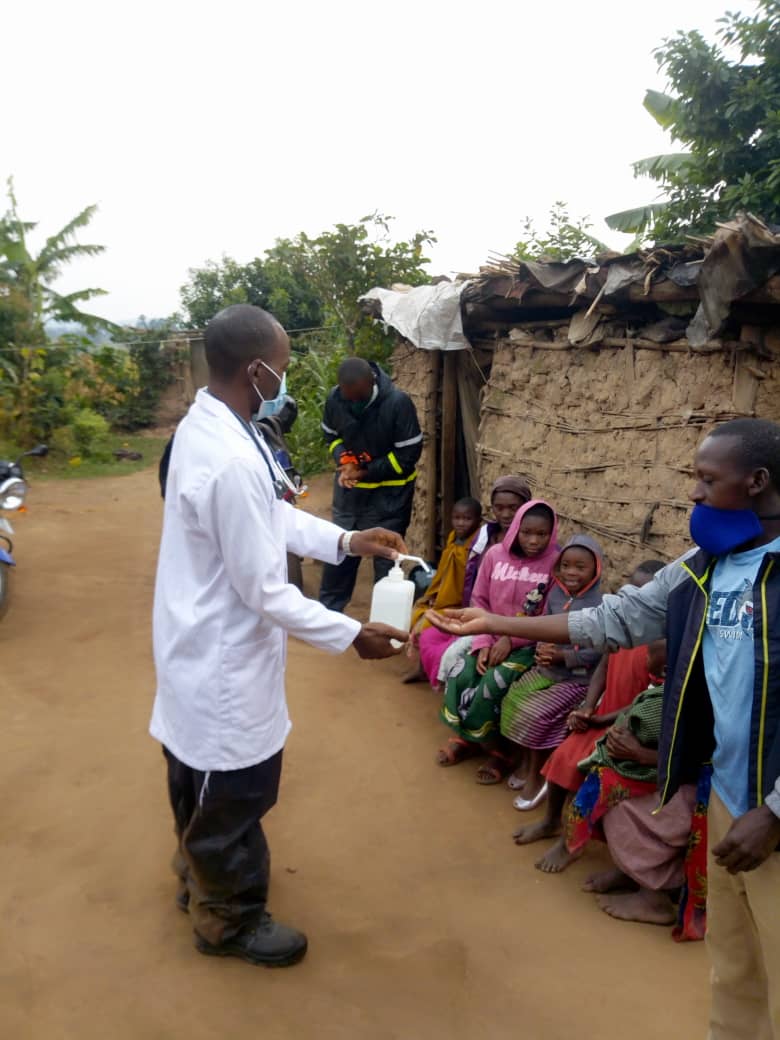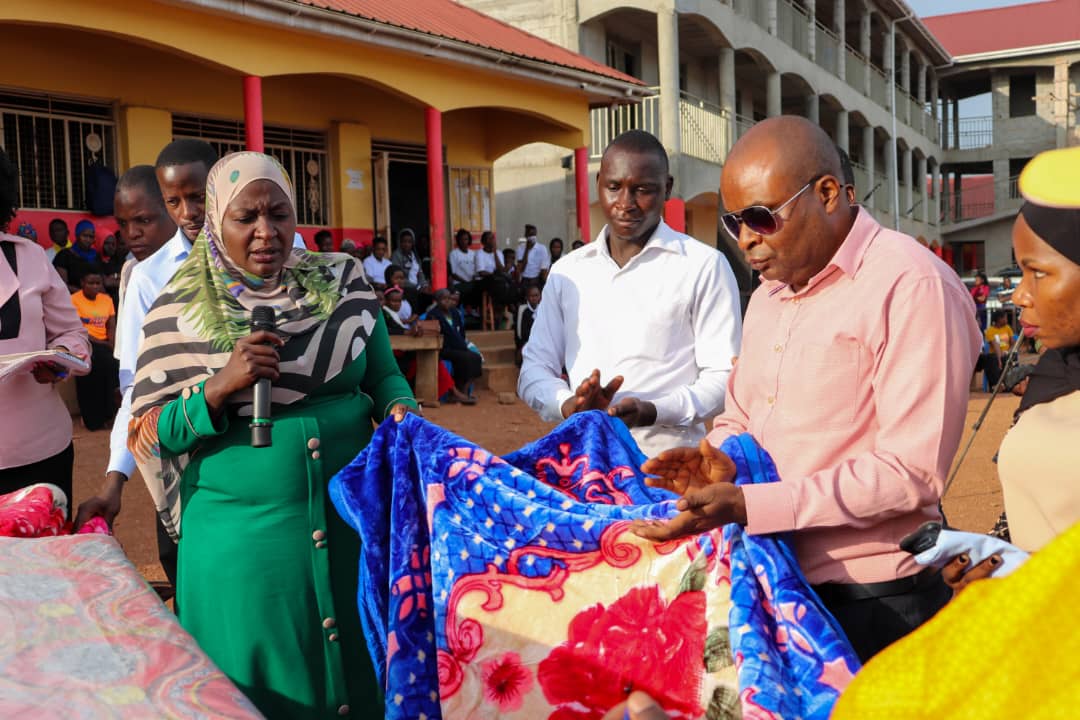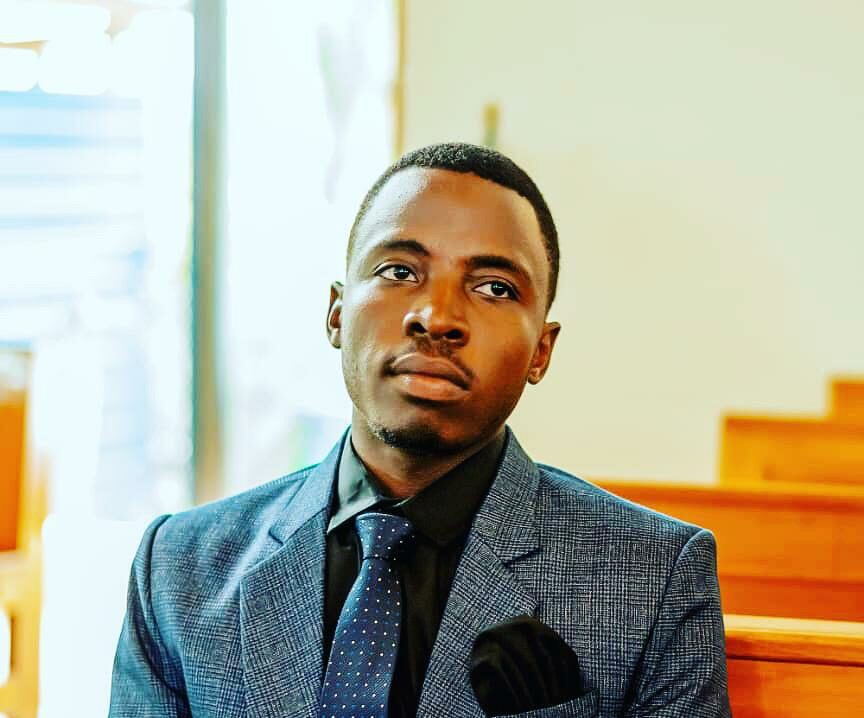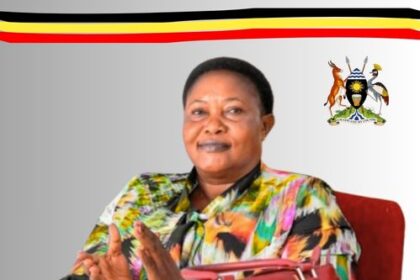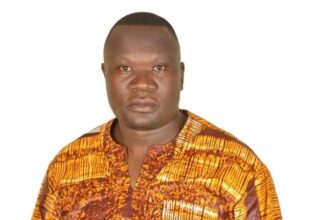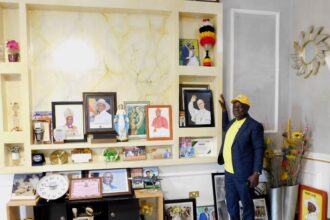In a bid to harness the rich traditional knowledge of the Batwa, an indigenous group that once called the Bwindi, Mgahinga, and Echuya forests home, Uganda is embarking on a groundbreaking project aimed at tapping into its genetic resources while ensuring equitable benefits for these marginalized communities.
For decades, the Batwa have been a thorn in the government’s side, perceived as unwilling to conform to modern development and struggling to find their place in a rapidly changing world. Evicted from their ancestral forests over three decades ago for conservation efforts, they found themselves dispossessed of their land, livelihoods, and identity. Their traditional way of life, centered around hunting and fruit gathering, was abruptly taken away, leaving many in a state of uncertainty and vulnerability.
However, hope now emerges on the horizon as Uganda launches the Access to Genetic Resources and Benefit Sharing (ABS) project, a four-year endeavor funded by the Global Environment Facility through the United Nations Environment Program. Spearheaded by the National Environmental Management Authority (NEMA), this initiative seeks to empower indigenous communities, particularly the Batwa, to tap into the nation’s genetic resources and associated traditional knowledge while ensuring sustainable and equitable benefits.
The Nagoya Protocol, a multilateral treaty adopted by Uganda in 2010, provides the framework for this transformative project. Despite being a party to the Protocol, Uganda lacks a comprehensive national policy on access to genetic resources, prompting this new initiative to bridge the gap.
Simon Peter Achuu, the Project Manager at NEMA, emphasized the significance of sharing the benefits arising from traditional knowledge. The Batwa will be granted supervised access to National Parks, collaborating closely with the Uganda Wildlife Authority to access unique plant species with potential value additions.
“The Batwa will be given access to the National Parks under close supervision from Uganda Wildlife Authority in order for them to access unique plant species that can be used for value addition,” Achuu stated.
United Organization for the Development of Batwa in Uganda (UOBDU) will manage the project, targeting communities living on the fringes of Mgahinga Gorilla National Park, Bwindi Impenetrable National Park, and Echuya Forest Reserve. The initiative will train Batwa individuals to negotiate for better terms, ensuring they receive fair compensation for any products derived from their localities.
Zannika Peninnah, Director of UOBDU, elaborated on the project’s scope, highlighting the identification and documentation of traditional knowledge, community values, and principles. The organization will also pinpoint bio-prospecting sites and the potential of selected plant species for medicinal purposes.
Dr. Grace Nambatya, Director of Research at the National Chemotherapeutics Research Institute (NCRI), emphasized the significant role indigenous knowledge plays in developing local and international medicines. The Batwa have a profound understanding of traditional resources, utilizing them to treat ailments ranging from pneumonia to malaria.
Nambatya’s plea to collaborate across sectors—Uganda Wildlife Authority, National Forestry Authority, and the Science, Technology, and Innovation Secretariat—echoes the essence of this ambitious project. As Uganda unlocks the potential of its indigenous communities, the Batwa’s invaluable traditional knowledge may not only contribute to medical advancements but also serve as a bridge between cultural heritage and modern progress.
With over $2 million secured for implementation, this endeavor not only uplifts the Batwa but also symbolizes a step toward harmonizing conservation, sustainable development, and cultural preservation in the nation. As the project unfolds, the nation watches with anticipation, eager to witness the positive transformation of the lives of the Batwa and the preservation of their ancient wisdom for generations to come.
Do you have a story in your community or an opinion to share with us: Email us at Submit an Article



